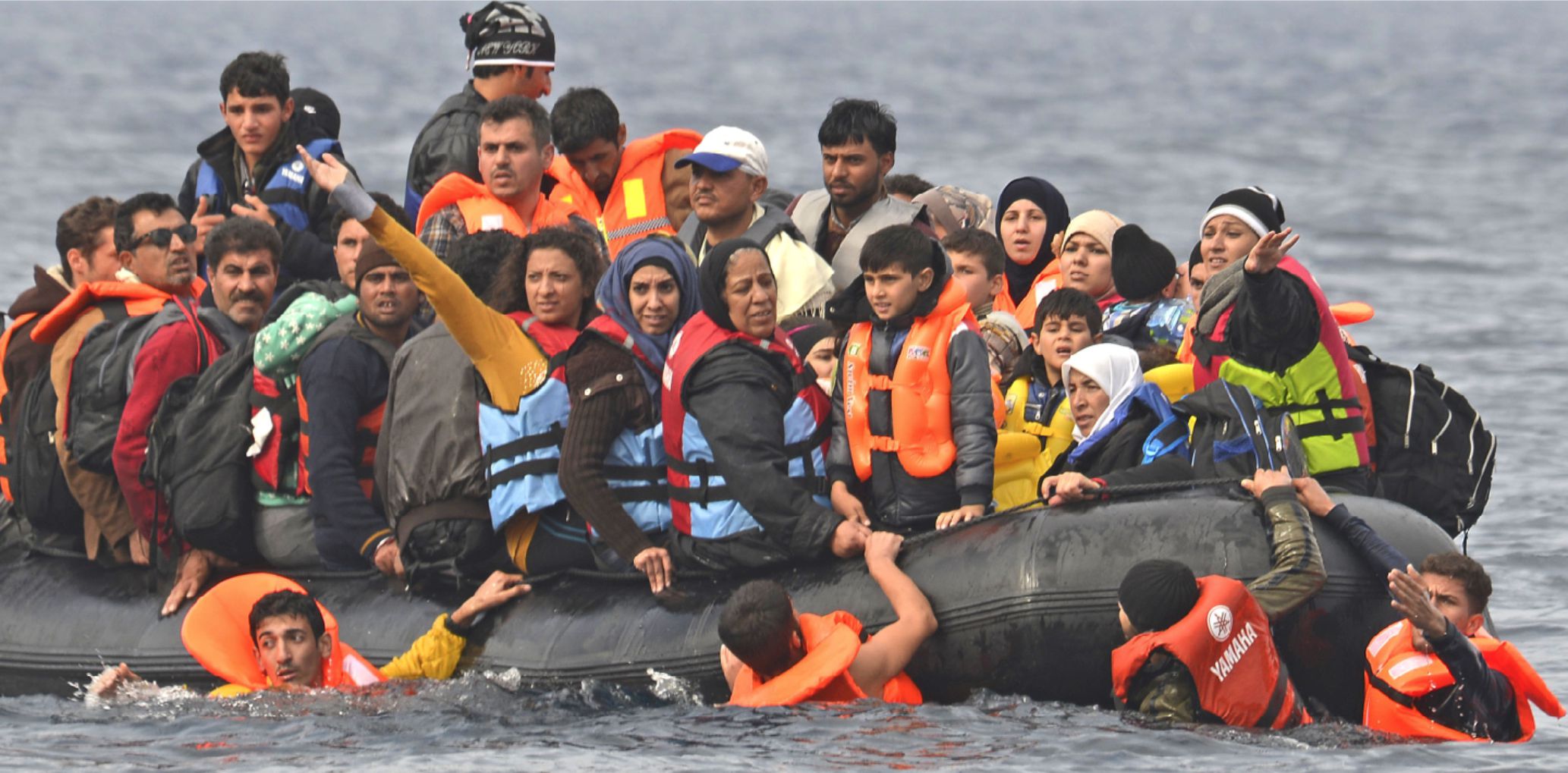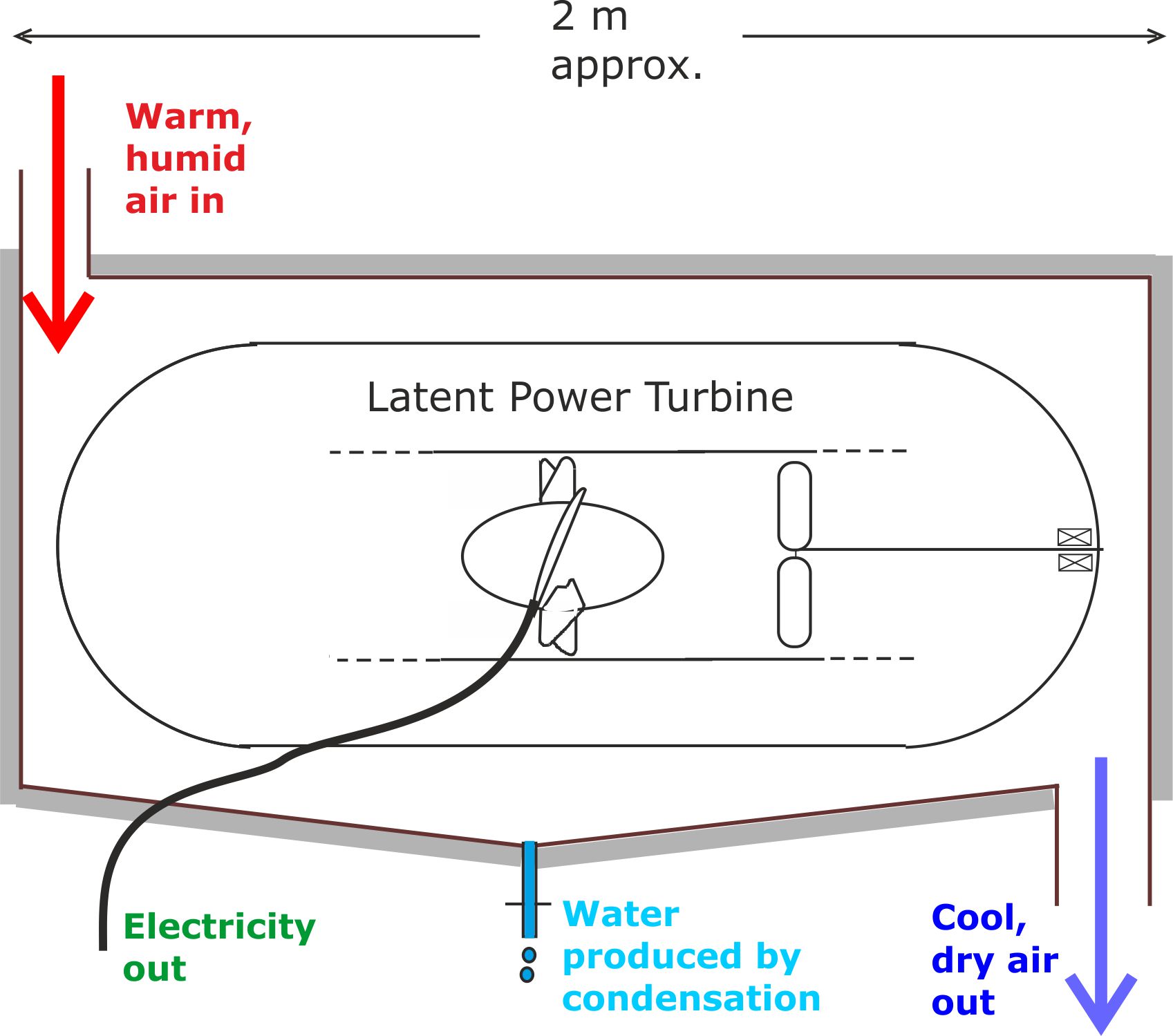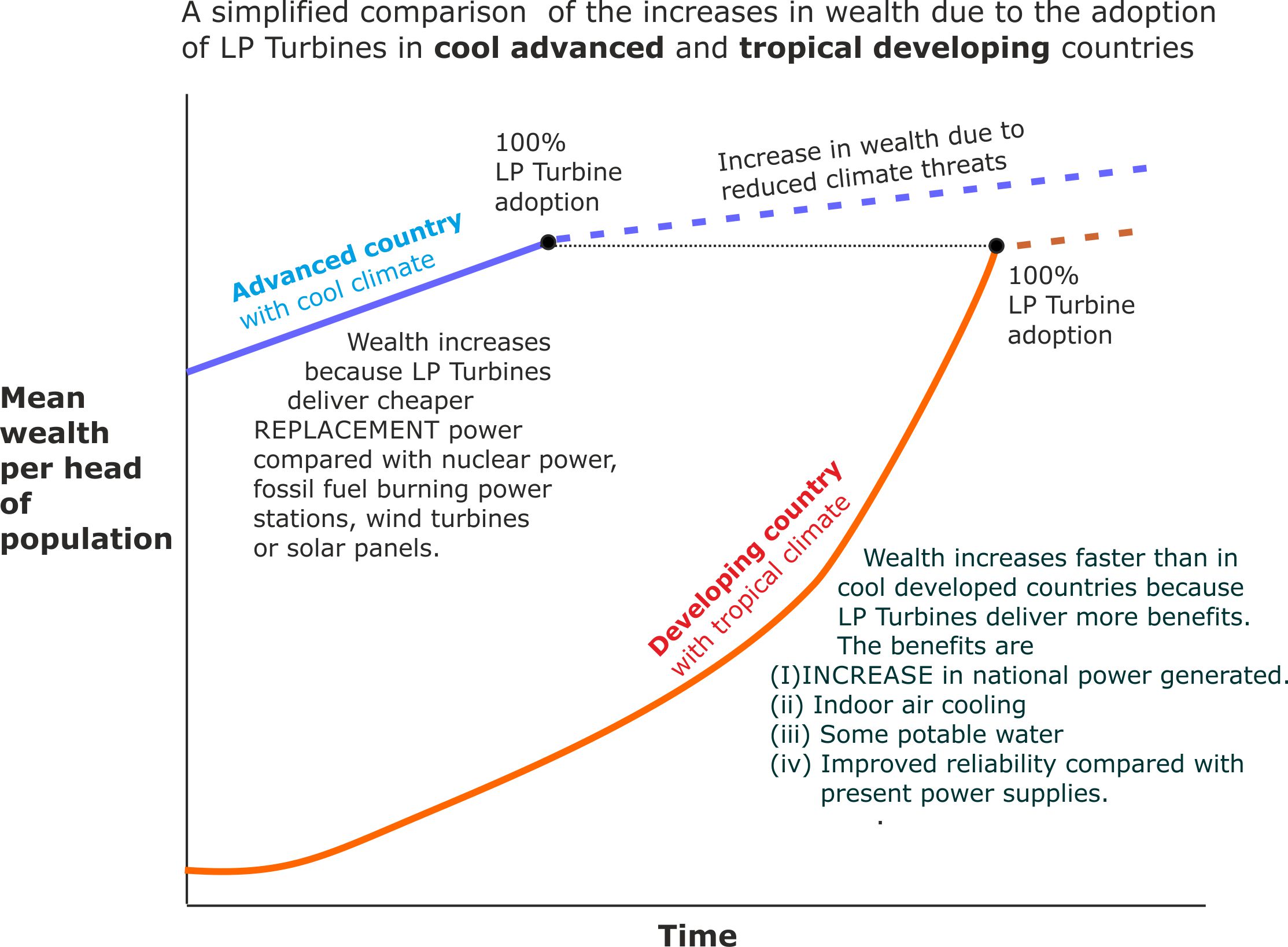
Countries have a moral, and possibly a legal obligation to accept refugees [Do Countries Have a Legal Obligation to Protect Refugees Fleeing Oppression? | History News Network]. But honouring this commitment raises a big question for the host country,
‘where do we put these people?’
The most cost effective solution is to house them in the poorest districts where accommodation costs are lowest.
This makes the people who already live in these areas very angry because it adds to their housing, education and social service access problems. It also reduces job opportunities because the newcomers are prepared to accept lower working conditions.
On this page you will find some radical new ideas about how we can solve this intractable problem.
It is written with the European migrant crisis in mind, but is equally applicable across the globe.
We can identify two broad (and often overlapping) groups that need different solutions to their problems;
(i) economic migrants fleeing poverty and (ii) those fleeing persecution.
1 Economic migrants
The game changing innovation: Anyone who is prepared to risk both their life and meagre savings is an entrepreneur by nature. Our aim in the richer countries should be to help them fulfil their dreams by becoming successful entrepreneurs in their home countries instead of having to go abroad. Latent Power Turbine could be the innovation that makes this possible, provided that the cost of buying an LP Turbine plus the required business tools is competitive with the cost of an illegal migration attempt.
In the long term, this migration problem is best solved by raising the impoverished countries to a similar standard of living to that enjoyed in the advanced countries.
The terrible irony is that the (mostly) young people fleeing poverty possess the talents and drive to make this happen. But they have given up on the task because dire poverty feeds on itself, making corruption in public office and criminal activity the most attractive career options for achieving wealth.
The conventional thinking is that failing states require top-down political reform. This involves electing honest people to political office and having an uncorrupted civil service. The advanced countries commonly try to assist this reform by donating economic development funds. In most cases, throwing money at the failed state problem is little better than bribing corrupt officials to become honest.
A better way forward would be to assist in the creation of small businesses that can deliver jobs and wealth at a local scale.
The development of Latent Power Turbines could provide the key resource for making a local approach happen.
As you can see from the diagram, LP Turbines are power generators that can run day and night using heat from the air as fuel. As a bonus they can be used to produce free indoor air cooling plus a useful amount (several litres per day) of drinkable condensation water.

Figure 1. It may be possible to construct LP Turbines significantly more compact than illustrated.
Equipped with a power generator that delivers several kilowatts output, plus some trade tools (a cooking element, sewing machine, power tools, cyclone water filter etc.) a wide range of businesses can be setup.
LP Turbines will provide entrepreneurs with a high degree of independent, freeing them from the inertia of corrupt and incompetent central governments.
European governments wishing to stem economic migration should consider investing in schemes to create LP Turbine based innovation in the aspiring migrants’ home lands.
These investments could include,
(i) Using their overseas aid funds to support LP Turbine based enterprises in developing countries. The aim should be to make it more cost effective to start a small business at home, rather than start a new life in an advanced country.
(ii) A range of repatriation packages could be offered to those migrants who are already in Europe, offering them better prospects if they return home and become LP Turbine powered entrepreneurs.
(iii) The most potent form of help would be for the advanced countries to bring down the cost of LP Turbine manufacturing by initially building them on a large scale to meet their home market needs.
This aid does not need to become a long term commitment, because the following sketch graph predicts how the developing countries should enjoy an exponential increase in prosperity, enabling them to eventually catch up with the advanced countries.

Figure 2. People living in the developing countries will rapidly (say, within 2 generations) catch up with the standard of living of people in the developed world.
The LP Turbine solution to fighting extreme poverty is discussed in detail on our ‘Eliminating extreme poverty within ten years’ webpage.
2 Refugees fleeing persecution
Recent history, including the collapse of the Soviet Union (1991) and the overthrow of oppressive regimes in Afghanistan (2001), Iraq (2003) and Libya (2011) teach us that the resultant political vacuum is not automatically filled by democracy championing politicians who are voted in by liberal minded voters.
Unfortunately, the opposite tends to happen, with the decent people who could build a democracy fleeing as refugees instead.
But all is not lost, we in the host countries should view the time that the refugees spend with us as an opportunity for them to plan a liberal democratic future.
The game changing innovation: Countries offering shelter to political refugees need to take the long view, investing resources in creating a passion for democracy that the refugees can eventually take back home to fill the vacuum created by the fall of their oppressors.
Creating this passion involves helping refugees to hold on to the best of their culture while developing the skills to make a difference when they eventually return home.
The grand aim of this proposal is to achieve universal democracy and make the political refugee problem history.
Notes on making this proposal a reality
2.1 Keeping the indigenous population happy
The indigenous populations of host countries will be more tolerant of large numbers of refugees swelling their numbers if they are reassured that their stay will be temporary and that they will have minimum impact on their own access to jobs, decent housing, schools and other services.
On the other hand, this is a two way bet for the host country, because the chances are that in the future, their contribution to the workforce will be needed.
2.2 Reducing worries about repatriation
In the advanced countries, people are living longer, but the young are having fewer children. This is starting to cause human resource problems that Robotics and AI can only partly solve. So, when the time comes for political refugees to be repatriated there should be no need to pressure them to return home unwillingly because the host country will need them too.
2.3 Suggestions for the hosting strategy
(i).Refugees fleeing persecution would be granted fast track admission to the host country provided that they agree to return to their home countries when it is safe to do so.
Applications for permanent admission would then take place in the normal manner.
(ii) It will cost money to house and provide services for the refugees, no matter where they are accommodated. This investment will deliver the highest benefits for everyone affected by the temporary increase in population if the refugees are housed in largely self sufficient new communities.
(iii) Some exiles will find themselves having to build new lives in close proximity with their former enemies. This should be treated as an opportunity for reconciliation, rather than as a problem to be avoided. [Based on his experience of teaching Somali refugees, Bill Courtney notes that former enemies can become good friends when they are far removed from the conflict zone.]
(iv) The refugees would be given help in developing human rights centred education programmes for their communities.
(V) They would have the right to elect their own representatives to the nearest town council.
2.4 Suggestions on supporting mental health and optimism while in exile
In order to give them self dignity and a sense of continuity with the best of their homeland lives, the refugees need to play the dominant role in creating the designed atmosphere of their temporary homes.
For example, they should be given sufficient raw materials and tools to help them convert these soulless sites into settlements that reflect their homeland tastes and culture.
As far as possible, each settlement should draw on the skills of its inhabitants to deliver social services, foster care for orphaned children, basic health care, education, policing etc.
Although the refugees would provide most of the people that deliver these services, their operation would have to comply with local regulations and be externally moderated. For example, the community police station would come under the remit of the local police authority and community police officers would undergo standard police training before gaining any policing powers.
Police officers who are part of the immigrant community would be in the best position to identify young people who are becoming radicalised. Likewise, immigrant health workers under NHS supervision would be in the best position to treat disturbed patients who could be a threat to others.
Members of the refugee community taking on teaching and other important public service roles may well be under-qualified by local standards, but their benchmark for accreditation and pay level should bear in mind the unique knowledge that they bring to their work, based on their own refugee experiences.
Affluent refugees would be encouraged to invest funds in businesses linked to the settlements. Volunteers from the indigenous business community could provide local resource and regulatory advice.
An international sales portal website similar to the Amazon model, guided by a ‘fair trade’ spirit would allow settlement based businesses to sell to customers worldwide. This would enable well wishers to purchase goods that support the creation of jobs in the settlements. When peace comes and the business owners’ return home, their established online sales markets would allow the relocated businesses to get off to a flying start.
Glasshouses or vertical farms linked to LP Turbines would provide some employment and contribute to food self sufficiency. The crops grown would include plants used in the homeland cuisine.
2.5 Choosing locations for the new settlements
In planning the new settlements it is important to get the balance right, giving the refugees the space to maintain their own national identity while minimising the barriers that mentally separate them from the existing communities.
The aim should be to create vibrant new communities that are approved of by the indigenous local community. Commerce that promotes integration such as restaurants, street cafes, bakeries, markets and cultural courses covering languages, cooking, dancing etc. should be encouraged.
As life in the refugees home countries become less intimidating and they start to return home, vacated properties should be offered to the indigenous people.
2.6 How Latent Power Turbines will create land for the settlement sites
In the early stages of Latent Power Turbines implementation, they will be located on the sites of operational fossil fuel and nuclear power stations and be fuelled by their waste heat. This will approximately double the electricity output per site, allowing half of the power stations to be taken out of service.
So, a year or two after the start of the Latent Power Turbine era, an unexpected source of brown field land will become available for redevelopment. These sites are already fitted with sufficient services for a small pioneer refugee community to be setup. The pioneers would provide labour for site construction and help to prepare the site for full occupation.
Prefabricated accommodation could be erected on the sites, allowing their rapid growth into communities of several thousand homes. These communities will need to be fairly large in order to draw upon the range of skills required to build a fairly self sufficient community.
2.7 Vertical farming: a speculative suggestion
One option for settlements located on retired power station sites might be to convert the cooling towers into vertical farms. Initially, they would produce food for the refugee community. But long after the refugees have gone home, the farms could continue supplying fresh food for the replacement community.
Cooling tower walls are only about 180 mm (7 inches) thick. So, steel building frames would need to be erected inside the towers, to support the farm floors.
Once the framework is in place, the farm could be expanded upwards, one floor at a time.
2.8 Using IT to support the plan
Internet meeting software such as Zoom would allow the Diaspora of refugees to stay in contact with each other and (hopefully) with members of their community back home.
The internet connections and computer hardware could also be used to provide a cost effective education resource. Under the supervision of internet savvy members of their community, refugees could be given a decent level of education without putting pressure on schools and colleges in the adjacent indigenous communities. Language laboratories, for learning the host countries native tongue would be an asset for refugees of all ages.
Illegal immigrants fleeing persecution who have already gone underground within the host country should be offered the chance to join a settlement under the same temporary residence conditions.
2.9 Democracy in exile
Most refugees are fleeing from countries where democracy is weak, or may never have existed.
Their time in the host country should be used to educate them in Western democratic ways so that they can return home as champions of the liberal democratic system.
(i) Residents committees would be democratically elected with secret ballots and gender equality.
(ii) Universities and think tanks could work with the communities providing homeland economic data and other planning resources. This would enable aspiring politicians and civil servants in exile to develop human rights centred policies and manifestos, for when they return home.
(iii) A virtual parliament (assembly) in exile could be established with “parliamentary debates” and elections taking place via video links between different settlements. In many cases this would allow previously hostile tribes or religious groups to engage in constructive debate with each other for the first time.
(iv An advantage of preparing development plans long before they can be implemented is that no money changes hands so they are less likely to be tainted by corruption.
(v) Democracy games, similar to military war games would allow competing plans to be dry tested against each other.
(vi) University academics and other experts in the host countries could work with interested people in the refugee communities, producing mock national development plans and trade agreements with future, peacetime trading partners. These would bring hope of a better future to people in exile and could be used to support futre reconstruction funding bids.
(vii) People remaining in the home country must have joint ownership of these plans, using social media and conferencing software (where possible) to take part in planning discussions.
(ix) Preparing these plans in advance would be helpful for The World Bank and other potential investors in the post-conflict country.
2.10 The financial cost
There are no cost-free options for dealing with political refugees because even rounding them up and dumping them in a third country costs money.
When the total long term costs of different strategies are compared, taking into account global security, the present proposal should turn out to be significantly cheaper than any of the alternatives.
But the cost of building new (prefabricated) settlements will be an easier target for criticism compared with the current strategy of inserting them into existing communities.
Government public relations strategies for heading off this criticism include,
(i) Emphasising the large savings that can be made by building the communities on newly available power station sites, rather than purchasing land for additional housing within existing cities and towns.
(ii) Getting their side of the story in first by presenting the voters with long term estimates of the total cost of different strategies.
(iii) Including the cost of implementing the program in the defence budget and making a defence minister responsible for its implementation.
2.11 Spreading the hosting burden fairly (using Europe as an example)
The illegal migrant crisis is a pan-European problem that is best solved with a pan-European response.
By working together, the host nations can minimise the home sickness of the refugees and maximise their collective support for each other.
Factors to be taken into account when assigning refugees to settlements include,
(i) Keeping extended families, friends and homeland neighbours together.
(ii) Ensuring that each settlement has the required range of skills to become largely self-sufficient.
(iii) Housing refugees fleeing from the same conflict in settlements that are within reasonable travelling distance of each other.
This will make it easier to persuade migrants with scarce skills to make their homes where they are most needed.
